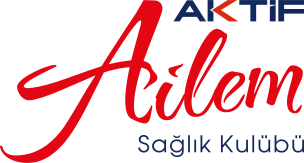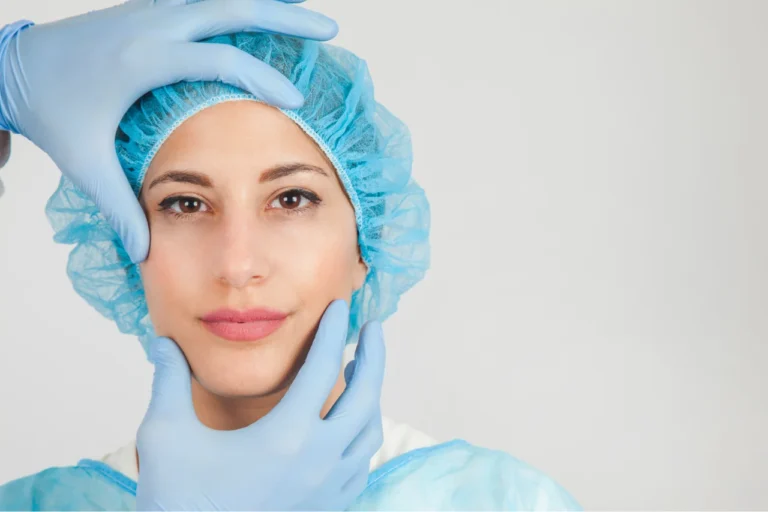Have you ever wished for a more chiseled, defined facial structure? Do you have chubby cheeks that make you look younger than you are? If you answered yes, then bichectomy surgery might be the solution you’ve been searching for. In this article, we’ll explore the ins and outs of bichectomy surgery, including what it is, how it’s performed, and the benefits and risks associated with the procedure.
What is Bichectomy Surgery?
Bichectomy surgery, also known as buccal fat removal or cheek contouring, is a cosmetic procedure that involves removing fat from the cheeks to enhance the appearance of facial features. The surgery is performed by making small incisions inside the mouth to remove the buccal fat pads, which are located in the cheeks.
While the procedure is primarily performed for cosmetic reasons, some individuals may also benefit from bichectomy surgery for medical reasons, such as those who suffer from repeated cheek biting or those with chronic infections due to trapped food particles in the cheeks.
Types of Procedures Involved
There are several types of procedures involved in bichectomy surgery, including:
- Traditional Bichectomy: This procedure involves making incisions inside the mouth to remove the buccal fat pads.
- Mini Bichectomy: This procedure is less invasive than traditional bichectomy and involves making smaller incisions to remove a smaller amount of fat.
- Combination Procedure: Bichectomy surgery can also be combined with other cosmetic procedures, such as facelifts or liposuction, to enhance the overall appearance of the face.
Eligibility Criteria for the Surgery
Bichectomy surgery is generally considered safe for healthy individuals who have realistic expectations and are seeking to enhance their facial features. Eligibility criteria may vary, but some common factors that surgeons consider include:
- Age: The surgery is typically performed on individuals who are over the age of 18.
- Overall Health: Individuals should be in good overall health and free of any underlying medical conditions that could affect the healing process.
- Body Mass Index (BMI): Individuals with a high BMI may not be good candidates for bichectomy surgery.
- Skin Elasticity: Good skin elasticity is essential for achieving optimal results from the surgery.
Risks and Complications
As with any surgical procedure, bichectomy surgery does carry some risks and complications, including:
- Swelling, bruising, and pain
- Infection
- Nerve damage
- Changes in facial appearance
It’s important to discuss these risks with your surgeon prior to undergoing the procedure and to carefully follow all post-operative care instructions to minimize the risk of complications.
Before the Procedure
Before undergoing bichectomy surgery, you’ll have a consultation with a surgeon to discuss the procedure and determine whether you are a good candidate for the surgery. During this consultation, the surgeon will provide you with pre-operative instructions and preparation, which may include:
- Fasting before the surgery
- Avoiding certain medications that could increase the risk of bleeding
- Arranging for transportation to and from the hospital on the day of the surgery
You’ll also discuss anesthesia options with your surgeon and decide which method is best for you.
During the Procedure
Bichectomy surgery typically takes between 30 minutes to an hour to complete and is performed on an outpatient basis, meaning you’ll be able to go home the same day.
The procedure involves making small incisions inside the mouth to remove the buccal fat pads. Your surgeon will then close the incisions with dissolvable stitches and place a dressing over the area to promote healing.
During the procedure, you’ll be under anesthesia, so you won’t feel any pain or discomfort. It’s important to note that you will experience some swelling and discomfort after the procedure, but this will typically subside within a few days.
After the Procedure
After the procedure, you’ll be provided with detailed post-operative instructions that will include:
- How to care for the incision site
- Pain management instructions
- Dietary restrictions
- When to schedule a follow-up appointment with your surgeon
You should also avoid strenuous activities and exercise for at least one week after the procedure.
Buccal Fat Removal at Aktif International
If you’re considering bichectomy surgery, Aktif International Hospital is an excellent choice. With state-of-the-art facilities and experienced surgeons, Aktif International is a leading provider of bichectomy surgery in Turkey.
At Aktif International, we take a personalized approach to each patient, ensuring that you receive the best possible care and treatment. Our surgeons are highly skilled and have years of experience performing bichectomy surgery, so you can rest assured that you’re in good hands.
Conclusion
Bichectomy surgery is an excellent option for individuals who are seeking to enhance their facial features and achieve a more defined, sculpted look. The procedure is relatively simple and safe when performed by an experienced surgeon, and the results are permanent.
If you’re considering bichectomy surgery, it’s important to choose a reputable and experienced surgeon who can provide you with personalized care and treatment. Aktif International Hospital is a leading provider of bichectomy surgery in Turkey, with state-of-the-art facilities and highly skilled surgeons.
If you have any questions or concerns about bichectomy surgery, don’t hesitate to schedule a consultation with a surgeon to learn more about the procedure and whether it’s right for you.
FAQs
Is bichectomy surgery painful?
You will be under anesthesia during the procedure, so you won’t feel any pain. Your surgeon will provide you with pain management instructions to help alleviate any discomfort.
How long does it take to recover from bichectomy surgery?
Recovery time varies from patient to patient, but most individuals can expect to return to normal activities within a week to 10 days.
Will bichectomy surgery leave scars?
No, the incisions are made inside the mouth, so there will be no visible scarring.
Can bichectomy surgery be reversed?
No, the procedure permanently removes the buccal fat pads, so it cannot be reversed.
Are there any dietary restrictions after bichectomy surgery?
Yes, your surgeon will provide you with dietary restrictions to follow for a few days after the surgery to promote proper healing.
Will bichectomy surgery make me look older?
No, bichectomy surgery is designed to enhance your natural facial features and make you look more defined and sculpted.
How long do the results of bichectomy surgery last?
The results of bichectomy surgery are permanent, but they can be affected by factors such as weight gain or loss and aging.
How much does bichectomy surgery cost?
The cost of bichectomy surgery varies depending on several factors, such as the surgeon’s experience, the location of the procedure, and the type of procedure performed. Your surgeon can provide you with a cost estimate during your consultation.
Is bichectomy surgery safe?
Bichectomy surgery is generally safe when performed by an experienced surgeon on a healthy individual. However, like any surgical procedure, there are risks and complications that should be discussed with your surgeon.
Will bichectomy surgery affect my ability to chew or speak?
No, bichectomy surgery should not affect your ability to chew or speak. However, you may experience some swelling and discomfort after the procedure, which can affect your ability to eat and speak normally for a few days.

